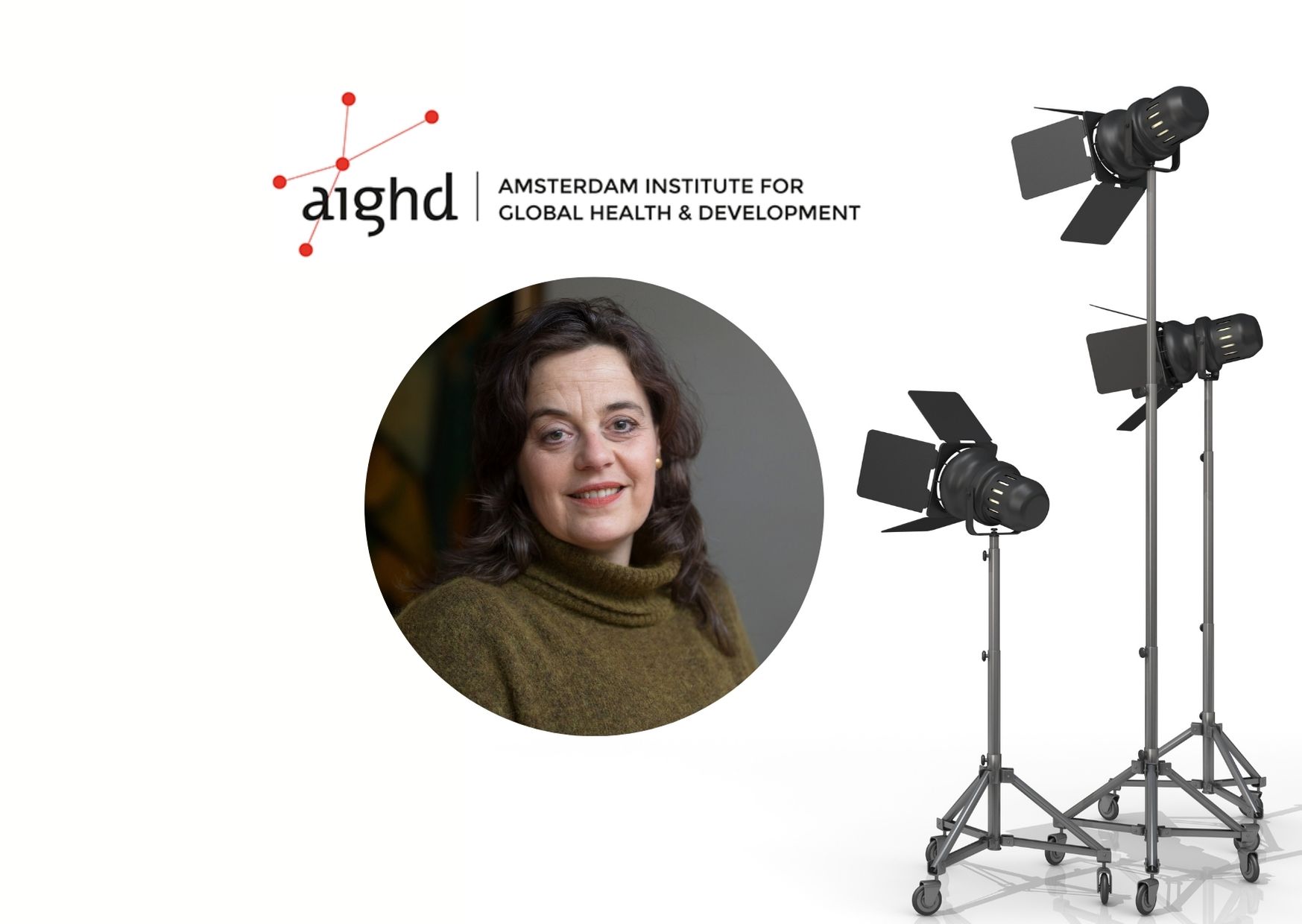
28 Sep AIGHD in Person: Constance Schultsz
When it comes to research, Prof. Constance Schultsz has always dreamt big – and she’s well on her way to making these dreams a reality.
A clinical microbiologist with a focus on antimicrobial resistance (AMR), Prof. Constance Schultsz is keen to establish AIGHD as a Center of Excellence for AMR research, something that will solidify the research institute’s reputation as a world leader in this field. And that’s just the start of it. Her next idea for research involves bringing a group of interdisciplinary researchers together to explore the use of digital technologies to reduce inappropriate usage of antibiotics, a key driver of AMR – something that could potentially help regulate the use of antibiotics to ensure those who need them have better access whilst mitigating overprescribing and over-the-counter sales.
AMR is one of the biggest global health threats and one of AIGHD’s top research priorities. Some projections say 300 million people are expected to die prematurely because of drug resistance over the next 35 years and the world’s GDP will be 2 to 3.5% lower than it otherwise would be in 2050[1]. Constance and her colleagues have a track record of AMR research and publications and are leading a number of AMR research projects through AIGHD. On top of that, she is building a partnership together with private companies, public organizations, and researchers, to tackle issues of AMR around the world.
Constance Schultsz is one of the early researchers of AIGHD, present when it was founded in 2009 by Prof. Joep Lange. When Prof. Lange was tragically killed in the Malaysian Airlines flight MH17 plane crash in July 2014, Constance was asked to step into the management team of the organization. In this role, she oversees the strategic work of the organization together with the other members of the Executive Board.
“AIGHD has built up extensive experience over the years. We are a knowledge hub and a gateway to two large universities and their faculties: the University of Amsterdam, the Vrije University and the Amsterdam University Medical Centers. AIGHD was founded by these three organizations so we are connected to their joint expertise.”
A true team player, Constance Schultsz understands that collaborative research is the most effective way to push advances in global health. That is why she likes working at AIGHD, and that is why she builds international alliances to tackle AMR.
“We are working in a truly interdisciplinary team here to find solutions to AMR, which is a very serious issue. Nowadays researchers cannot solve complex global health challenges unless they collaborate across different fields. In AMR, we need to study how the bacteria behave, how doctors prescribe antibiotics, how veterinary medicine works, and environmental contamination contributes to spread of resistance, to give a few examples” said Constance.
“There are also challenges of working interdisciplinary. Researchers from different disciplines use different vocabularies to do their research in the world. We constantly need to check that we are talking about the same thing when we work together.”
In the future, Constance Schultsz would like to expand her research on AMR and is working towards this through a One Health approach:
“Future research must take a One Health approach to AMR, that means looking at veterinary health, environmental science and human health in a comprehensive way because resistance develops in all of these settings.”
[1] Review on Antimicrobial Resistance: https://amr-review.org/sites/default/files/AMR%20Review%20Paper%20-%20Tackling%20a%20crisis%20for%20the%20health%20and%20wealth%20of%20nations_1.pdf
Photo by Dirk Gillissen
